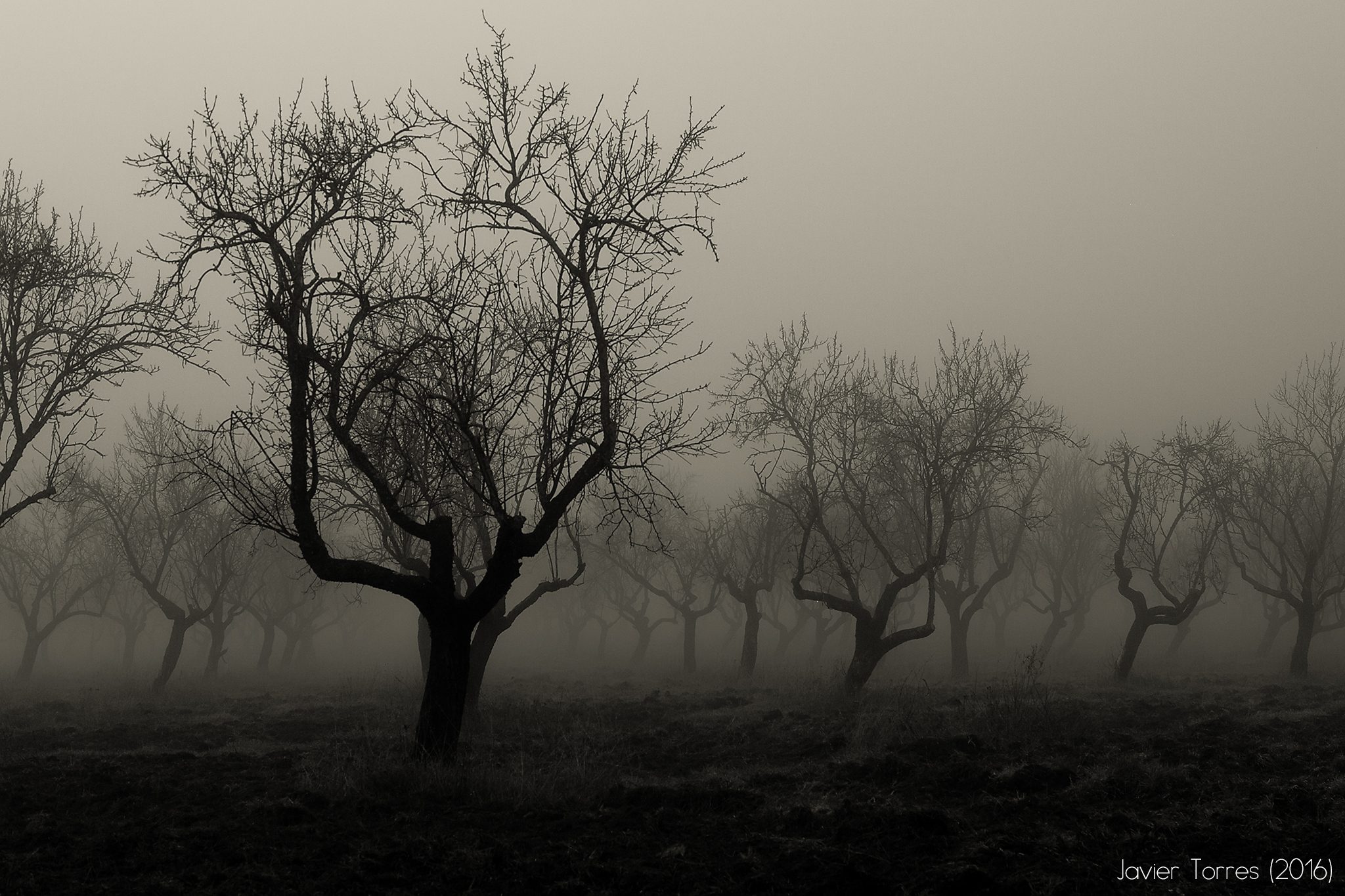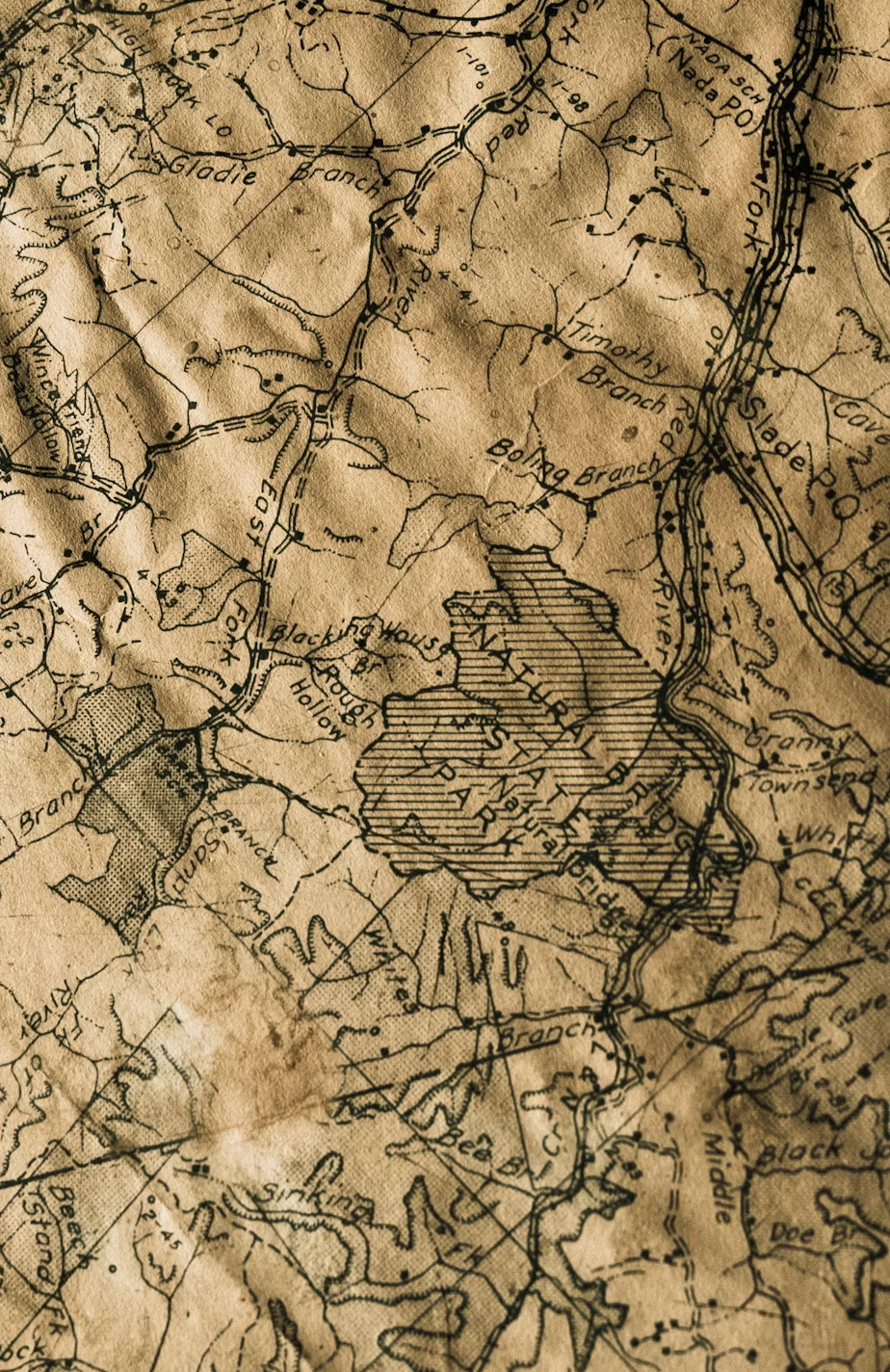My father once asked me: How is it I can recollect
with utmost clarity what happened forty years ago,
but not what I did this morning at all? I didn’t know,
but I recognized I would always recall that moment.
It was late summer. We were driving to the country
to see my grandfather, now blind and demented,
who could walk only in short shuffling steps, peed
himself, did not know where he was, could never
forget where he’d come from. He would demand
to be taken back to Ukraine, to the home he’d left
at the age of twelve. There were times when he felt
he was abandoned in a dark forest, so he crawled
on all fours to hide in the bedding closet, where
he wept as we searched the house. We found him,
promised we’d take him home, walked him back
to his sagging couch. I would feed him with a spoon:
wet bread, mashed potatoes, soft corn, as he couldn’t
chew. He’d ask: ‘Am I still hungry?’ My grandmother,
his wife, long gone, she would have always known.
He’d inquire who I was, why I was present there.
I didn’t always have a clear idea. I just was. I strode
through life scouting the world for what I’d recollect
in the long lightless future I couldn’t begin to know.
From Grandfather I learned only the past mattered.
The rest is a blind completion of a misshapen circle,
a return to the original longing by way of loss, each
day but a day before the one we cannot yet recall.
Aleksandar Hemon‘s most recent book is My Parents: An Introduction / This Does Not Belong to You. He teaches at Princeton University.




